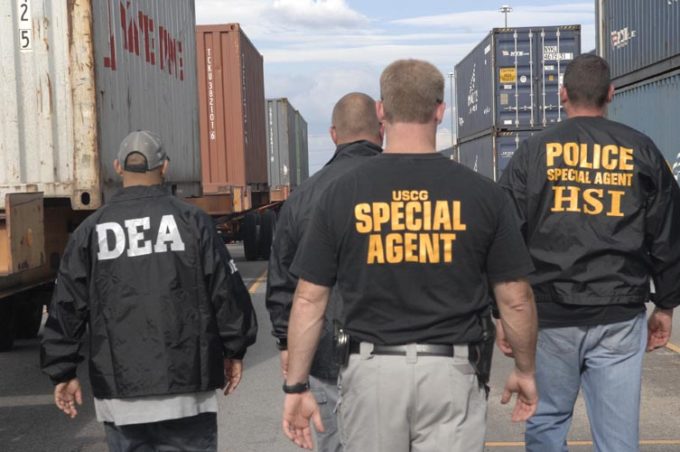
A recent story in the Sarasota Herald-Tribune describes a raid conducted by law enforcement agents of a local warehouse owned by a multimillion-dollar package forwarding company named MyUS.com. The article provides few details on the raid, other than to say this is part of an active investigation related to “export enforcement.” It also quotes the firm’s CEO, Eric Baird, as saying that his company is complying with the federal warrant.
This news story is an interesting development in what could become larger problems for U.S. companies who engage in package forwarding and related services. There are numerous companies who provide variations on these services, including firms like MyUS.com, USAMail1.com, U.S. Global Mail, and more. Although their offerings vary, these companies essentially provide a U.S. mailing address to foreign-based customers. These foreign customers can purchase items and have the packages shipped to their U.S. address. Then, the forwarding company will consolidate the various packages and ship them to the foreign owner abroad. It’s an ideal situation for individuals, including American expatriates, who wish to have mail and packages forwarded at competitive rates.
The problem, at least from an export compliance perspective, is the inherent risks that a package forwarding company undertakes on behalf of its foreign customers. For example, it’s not difficult to imagine a scenario where a foreign person wishes to procure certain items that might otherwise require an export license. The manufacturer of those items could ship to the individual’s U.S. address, without the knowledge that this address is actually a package-forwarding location. (In many cases, these forwarders offer physical addresses – not P.O. boxes – for clients to use as their “U.S. address.” This gives the impression that the foreign person actually lives and resides in the United States, which of course, they do not.) If the forwarder, well … forwards that package overseas without obtaining the necessary export license, they have just been party to a violation of the ITAR or EAR.
Even more troubling are the “Personal Shopper” services which some of these firms offer. Essentially, they’ll purchase the goods in the U.S. on behalf of a foreign person – paying with a U.S. credit card or similar form of payment, and using a U.S. billing address to complete the transaction. After the goods are received at their U.S. warehouse, the forwarder will export to the foreign customer and bill them for the cost (plus their fees). In this scenario, the forwarder could essentially become the buyer and the exporter of the item, which means they would be the primary party responsible if any export violations occur.
Now, I know what you’re going to say. “What if the package forwarders open and inspect every delivery they receive, then classify those goods against U.S. export regulations, perform an end-use/end-user check, and obtain all the necessary governmental approvals, prior to making each purchase or shipping each item?”
That’s kind of like asking what if a UFO caused the Superdome blackout during the Super Bowl. It’s an interesting hypothetical question, but I’m prepared to say it’s a very, very … VERY big “if.”
The Herald-Tribune story mentions that MyUS.com has a policy of not shipping to embargoed nations like Iran and North Korea, but as any trade compliance officer knows, you can just as easily find a license requirement for exports to our “friends” in Great Britain, New Zealand or Canada – or anywhere else in the world, for that matter. It will be interesting to see what develops from the recent raid in Sarasota, and what – if anything – this means for package forwarders. But at a minimum, it means these firms should take some time to dust off their export compliance programs. (Or possibly create one.)
Tom Reynolds is the President of Export Solutions, a consultancy firm which specializes in helping companies with import/export compliance.
